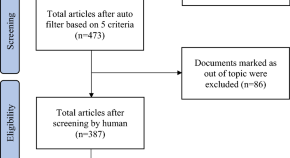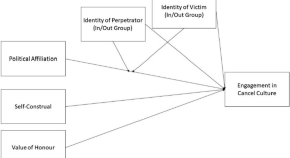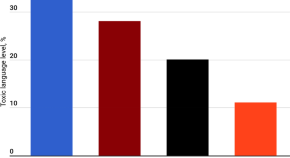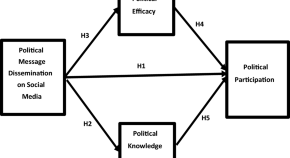The electoral success of social media losers: a study on the usage and influence of Twitter in times of elections in Paraguay
Authors (first, second and last of 4)
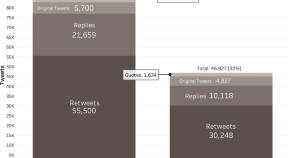
Collection
The terrorist attack on a mosque in Christchurch, New Zealand, in spring 2019, brought to the fore the ways social media is used by terrorists and their sympathisers to host and circulate material that promotes their beliefs and activities.
This research collection aims to provide a forum in which issues of ‘digital hate’, and related phenomena, such as the proliferation of hate speech by extreme movements, such as the ‘alt-right’, can be interrogated.
Research papers that explore the following questions, among others, will be welcomed:
*Is it possible to regulate extreme content in a trans-national way?
*Is social media increasingly anti-social in it content and effects?
*What is the scale and scope of alt-right and hate-speech content on-line?
*What is the history of the alt-right’s use of social media?
*How does hate-speech circulate—and why do social media platforms host it?
*What are the limits of initiatives such as the ‘Christchurch Call’ that aims “to eliminate terrorist and violent extremist content online”?
*What can or should be done about content on platforms such as, for instance, 4chan, 8Chan and the dark net?
*What challenges (legal, social, political, technological) arise in seeking to align off-line and on-line regulation and control of hate-speech?
Research, both quantitative and qualitative, from a range of disciplinary vantage points is welcomed. Papers that focus on specific terrorist events—such as the Christchurch shootings, or Andreas Breivik’s 2011 attacks in Norway—are also welcomed.
Associate Professor, University of Canterbury, New Zealand


